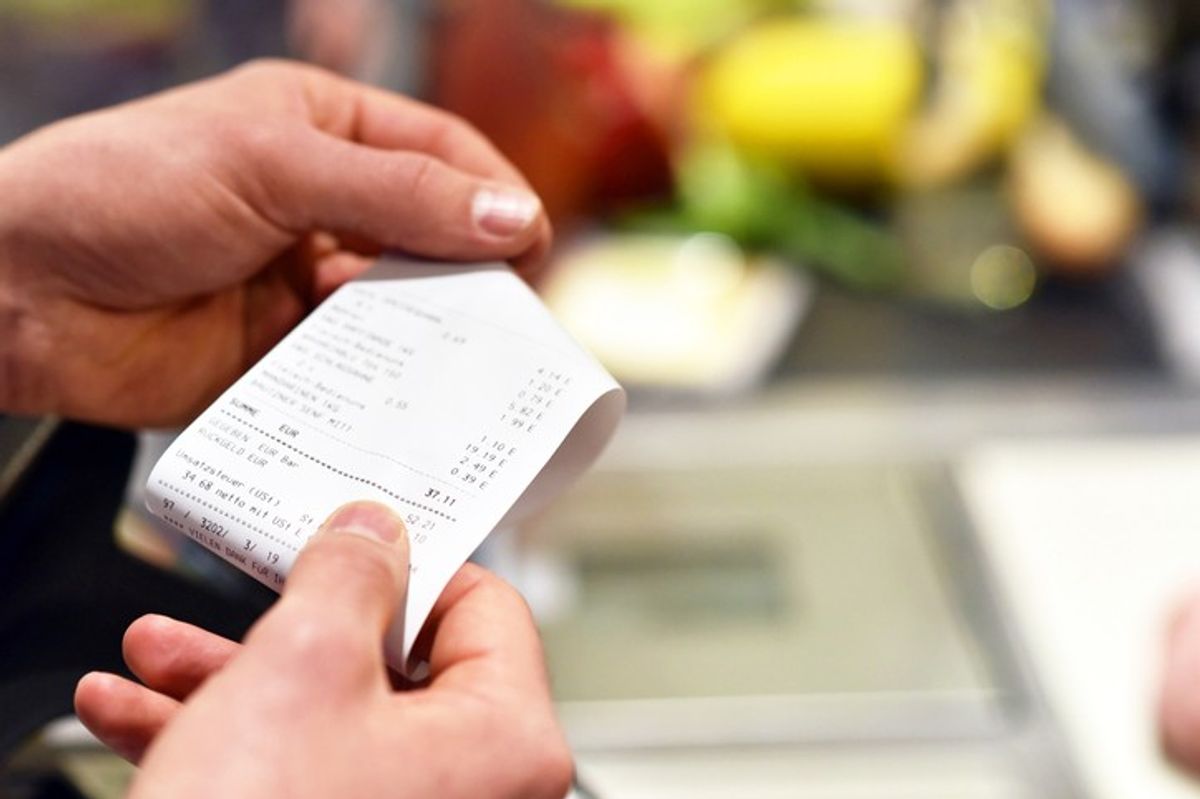Highlights
- Extreme weather is already disrupting supply chains, with chocolate, coffee, fruit and veg prices rising.
- Autonomy Institute warns climate-driven food inflation could push nearly 1 million more Brits into poverty.
- Thinktank calls for urgent government action, including price controls and public food programmes.
Food prices in the UK are expected to rise by more than a third by 2050, a recent report has shown, citing that the UK faces growing risks from "climateflation", where climate-related shocks around the globe significantly drive up food prices.
According to a new report by the Autonomy Institute, by 2050, under high-emission scenarios, food prices could rise by 34 per cent in the UK due to heatwaves and droughts internationally and at home.
The UK imports nearly 50 per cent of its food, making it highly dependent on international supply chains, particularly from Europe. Climate shocks in key export regions like Spain, France, and Brazil could disrupt imports and further exacerbate inflation.
Domestic agriculture is similarly at risk, with key crops like wheat, barley, and oilseed rape being affected by extreme weather conditions, including flooding and droughts.
Lower-income households are disproportionately affected by food inflation, as they spend a larger share of their budget on essential items like bread, rice, and meat.
Heatwaves in the UK, as one of the several causes of climateflation, could result in an annual average household loss of £917–£1,247 by 2050, increasing poverty and food insecurity.
Regions such as the East of England, North West, and South West are projected to face the highest levels of heatwave-induced poverty, with children and working-age adults being the most vulnerable demographic groups.
The think tank is calling on the government to provide a ‘basket’ of basic essentials to every household in the UK free of charge. This would include food items that meet a significant percentage of the calorific and nutritional needs of every child and adult in the country.
The report adds that the UK must develop a buffer stock system to stabilise food prices and ensure availability during supply chain disruptions and a publicly-funded service providing essential food items to all households as a "diner’" interface (and crucially not a foodbank) should be considered
Temporary price caps on essential food goods during inflationary periods can help reduce the burden on consumers and prevent “greedflation” in the private sector.
Will Stronge, chief executive of the Autonomy Institute, called for urgent policy responses to build economic resilience.
Suggested measures include publicly funded diners to provide affordable meals, strategic price controls, and the establishment of national “buffer stocks” to safeguard supply during future climate or trade disruptions.
“Climateflation is no longer a distant risk; it’s a present reality,” Stronge said.
“We need to build real economic resilience and that means rethinking what public service provision can and should provide in the face of climate disruption: from delivery of basic essentials to publicly funded diners and a national buffer stock.”


